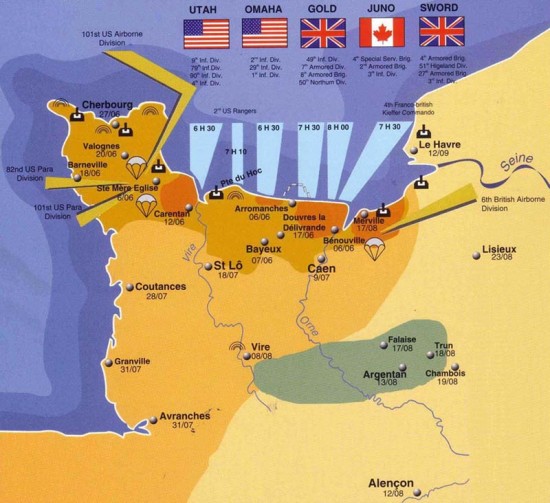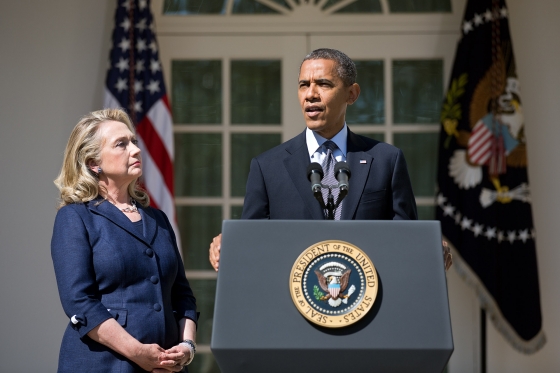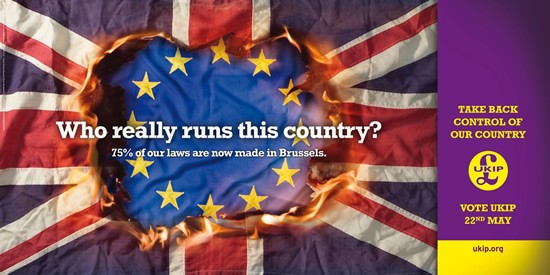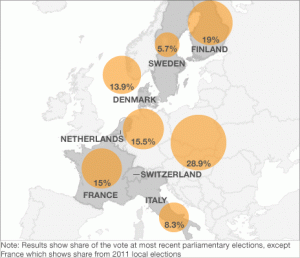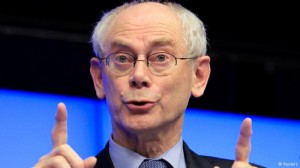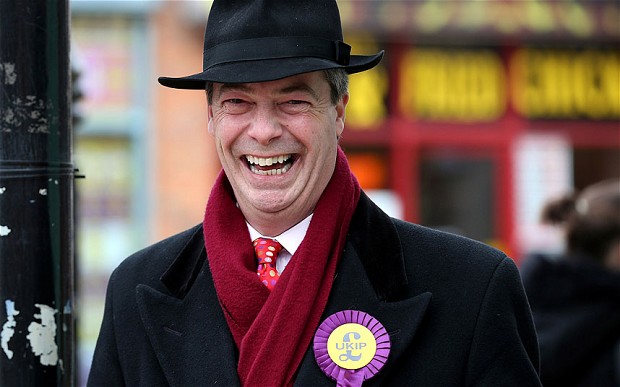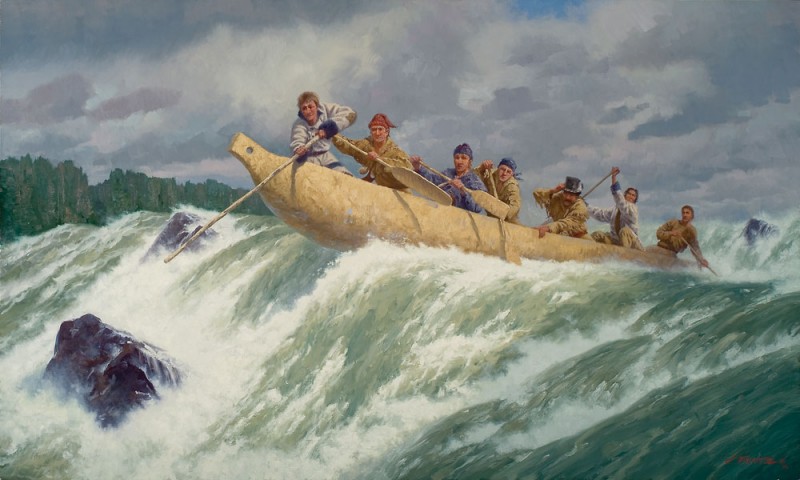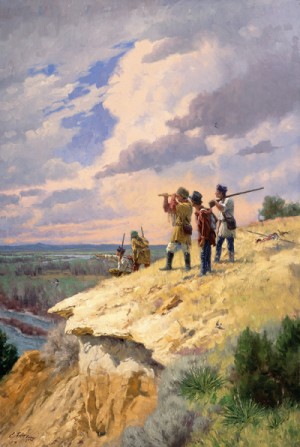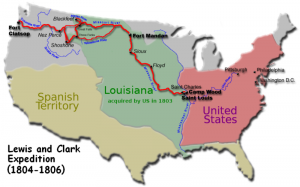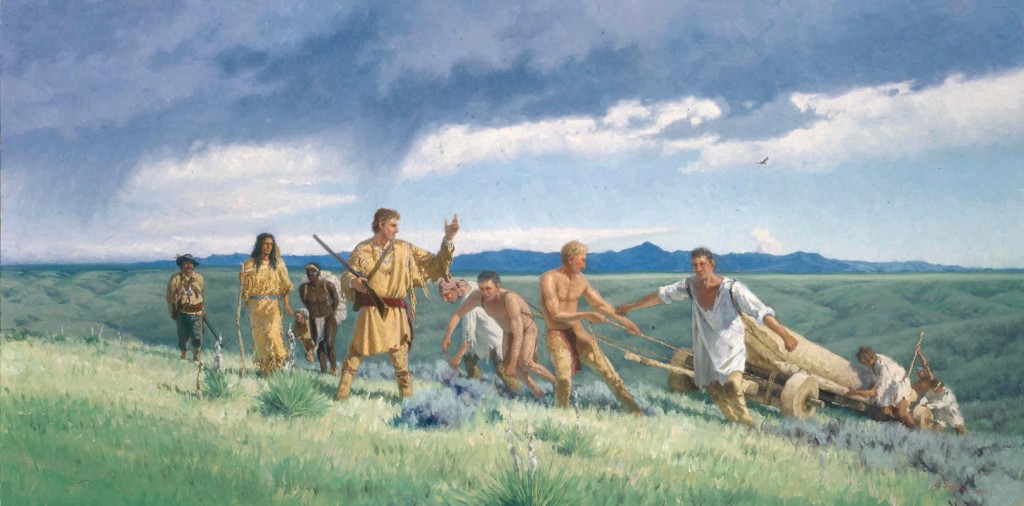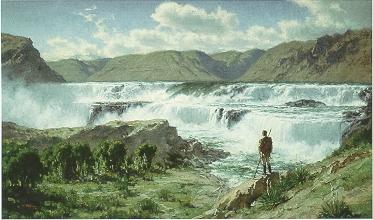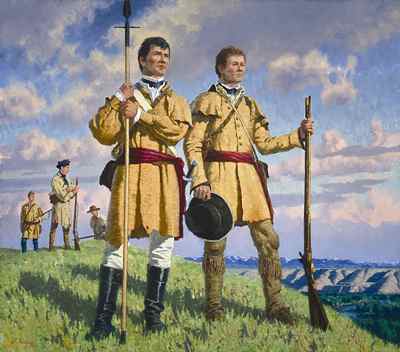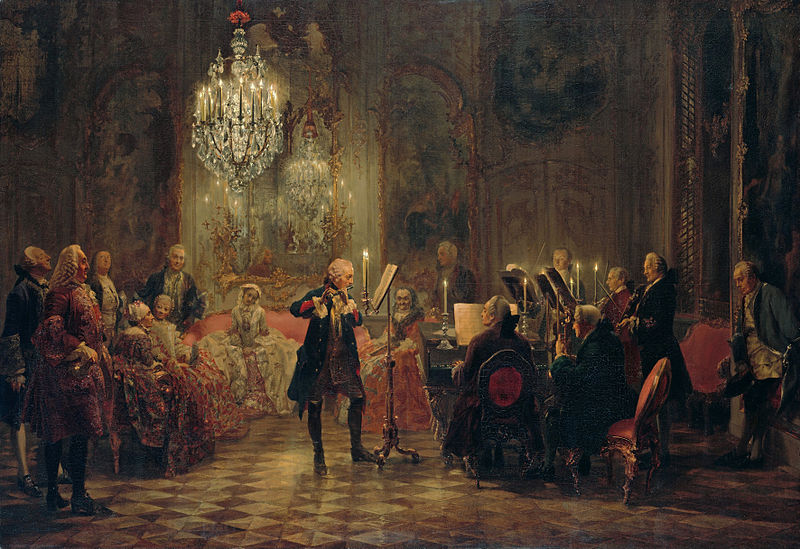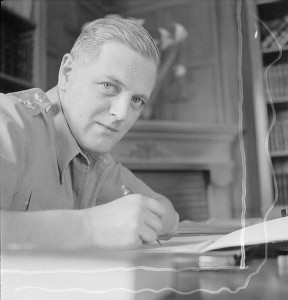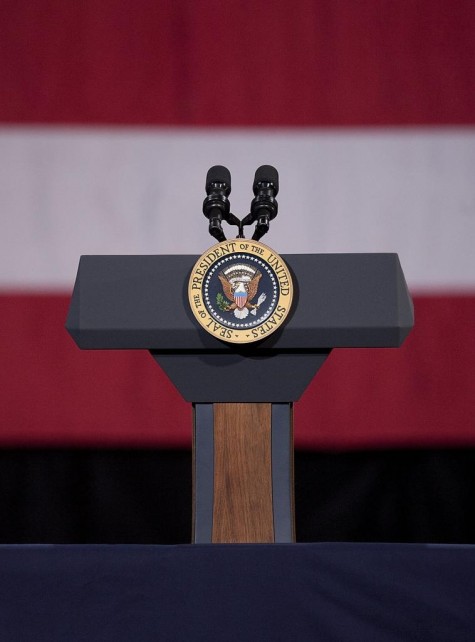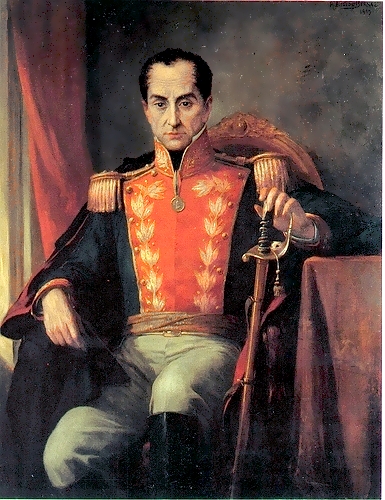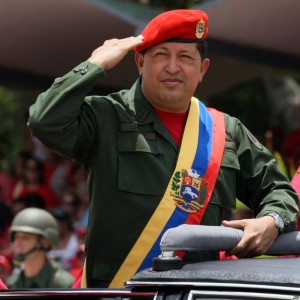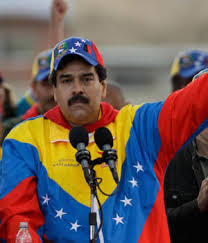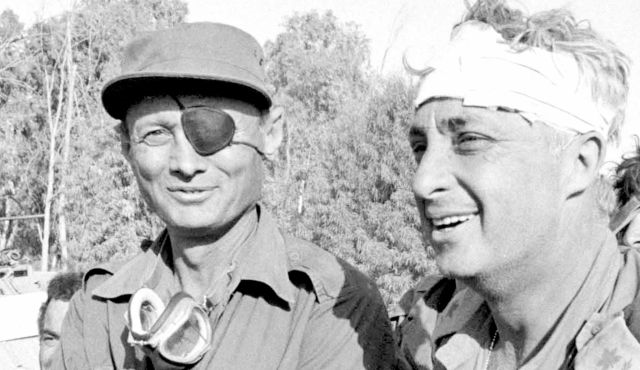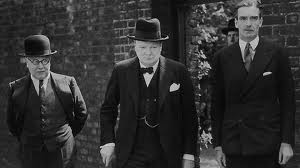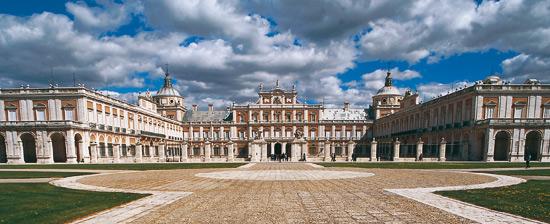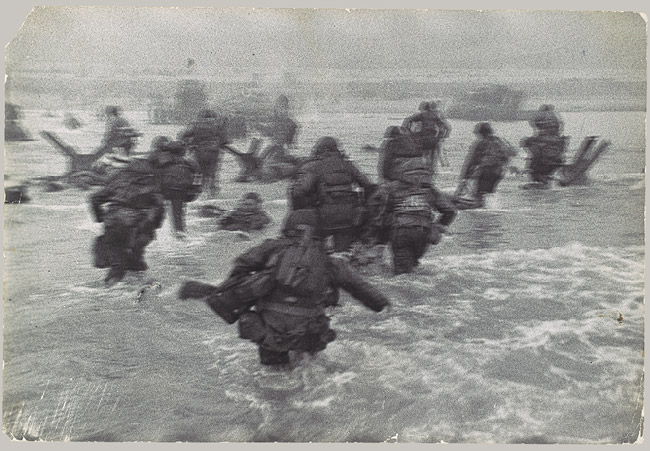
In his later years, the 1st Duke of Wellington, Field Marshall Arthur Wellesley, celebrated as the pre-eminent hero of final defeat of Napoleon at the battle of Waterloo and subsequently twice the Prime Minister of Great Britain, would have been forgiven a glossy remembrance of his greatest victory. Asked, however, of his impression of the moment at Waterloo that cemented his martial immortality, he stated:
” It has been a damned serious business. It has been a damned nice thing – the nearest run thing you ever saw in your life.”
The Duke’s statement has been modernized into reminding us that nice in 1815 vernacular referred to as “uncertain” – the quote has become “a close run thing”. Wellesley recognized something profound that exists when enormous forces of history come together in a specific time and confined location – the outcome is nothing short of profound and completely at the mercy of fate. No matter how intense or brilliant the planning, no matter how careful the preparation of the resources and talent, the final struggle is between immense forces of equal indomitable will, and the outcome more often than not resides in the unpredictable synthesis of execution, weather, individual responses to enormous stress and out and out luck.
Wellesley could have been describing the amazing accomplishment of D- Day, June 6th, 1944, and the successful invasion of the continent of Europe by the liberating allied forces initiated on that day. The seventieth anniversary of D-Day has just been marked at Normandy with the usual cocktail of a Presidential soliloquy and the celebration of the rapidly diminishing band of participants in that fateful day. The eighteen and nineteen year old boys that were asked to commit to the beach that day as the youngest members of the invasion force are now the frail old survivors in their late eighties. A president born far after their day of sacrifice is asked to synthesize the forces and emotions of that day into a recognizable tome. We are reaching the last of the ‘decade’ remembrances of D- Day, as the final group of participants will likely be gone, or unable to travel, to the next. The political leaders are using the event as usual to promote their ‘appreciation’ of history, the righteousness of the cause, and the clarity that time has provided that the right side would inevitably win.
The truth is, it was a very close run thing.
The reality facing the allied nations in June of 1944, was that Nazi Germany was anything but a spent force. The allied challenge was to be able to establish immediately an army in force that could stably secure a position in Europe and could resist and ultimately dislodge a fully equipped mechanized and highly experienced fascist army that had spent several years in unimpeded planning and construction of an impenetrable west wall of defense. As has been recognized over time, Plan A was the full injection of material, men and will on the beaches of Normandy, and Plan B was – there was no Plan B. Men can be brave beyond comprehension, plans creative and comprehensive, but ultimately a small force briefly securing a beachhead would have no ability to resist a counterblow of superior forces, artillery and devastating tanks properly dispensed.
The loss of the armies of Normandy and the irreplaceable supplies and force commitment that went with it, would have had a devastating effect on the effort to defeat Nazi Germany. The loss would have been the end of Great Britain’s land army capacity, the political collapse of the ‘unconditional surrender’ strategy of Churchill and Roosevelt, and the potential stagnation of Stalin’s ability to determine the destiny of his eastern battle against a now unimpeded Germany. A massive victory for a staggering Germany would have allowed her the time necessary for implementation of the jet engine into her airforce, reversing the allied air superiority, ending the bombing campaigns, and securing the safety of her rocket weapons to destroy her opponent civilizations.
Plan A required a one day achievement of the landing of 160,000 men amphibiously with flanks secured, and the immediate establishment of harbors that would permit force multipliers, artillery and tanks, a million men disembarked and supplied, all before the enemy could sufficiently react. Never before tried on such an awesome scale, at the complete mercy of favorable tides and the weather, and requiring of complete surprise and secrecy while preparing and training a million man force who would have to executive a plan with success with no foreknowledge of the date or the place, the most complex battle plan in history relied on the call of a single meteorologist. At a time without weather satellites or computers, Captain James Stagg managed to come up with the most accurate and critical weather forecast in history, that prevented the armada from being swept away in a gale on June 4th-5th, and predicted a 24 hour window for relatively calm seas on June5th-6th, sufficient to provide a landing zone capacity. General Eisenhower hinged his decision on the forecast, delayed D-Day on the night of the 4th, and gave the go on the night of the 5th, and secured a fate different then that of the Spanish Armada in the English Channel in 1588, a successful amphibious landing. The German weather forecast did not see the brief window of stable weather Captain Stagg saw, and believing the weather too foul to allow a complex operation, the man most responsible for German’s Fortress Europe west wall defense headed home to Germany to visit with his family. On the morning of the 6th, the one man that could have redirected Germany’s panzer tanks to repel the invasion was far from the field of battle.
Plan A could not afford any exposure of flanks. All five beaches had to be surmounted or the gaps would have allowed crushing of the fragile force. Omaha Beach was the linchpin, and 6 hours after the first wave, the water was littered with hundreds of bodies and the invasion force was only feet into France, pinned disastrously against a seawall under murderous fire, not the several miles inland required. General Bradley, the American directly responsible for the American army force, considered the possibility of withdrawal, as it appeared an epic defeat was eminent. It came down to the individual man, who determined the water behind him was more certain death than the cliffs in front, that finally penetrated the murderous fire raining down and found the way off the beach. Thousands of boys and men died, pushing out of the water onto land, and thousands of men and boys died for the defenders equally determined to push them off. It was a close run thing on Omaha, and nobody there on that day will ever forget the terror.
Plan A required a level of secrecy and subterfuge of an almost metaphysical level to succeed. The ability to move an awesome force across open waters to a location surprised to see what had been predicted and prepared for by the enemy for two years defies understanding in our current world of satellites, Google maps, and instant communication. Maintaining the secret of a million man force, with spies all around, incredibly complex planning required, and multiple opportunities for slipping up defies belief. Yet the secret was maintained so well and the confusion as to the allies real intentions so spectacularly sold to the enemy, that even days after the invasion took place, German Central Command and Hitler himself was sure that the Normandy invasion was a feint and the real invasion would come by Calais. Entire false armies, errant bombing, parachuted dummies, even false orders on dead bodies produced an epic magic trick distraction that worked to perfection and provided the precise delay in response required for success.
It was a close run thing. The world of a thousand years of darkness enforced by perverted science envisioned by Churchill if the Nazis were to succeed was not an incalculable outcome of the struggle on the beaches of Normandy on June 6th, 1944. 9000 graves in the Normandy cemeteries mark the final resting places of young people who placed themselves in the violent vortex of history and did not live to see their sacrifice achieve the destiny they hoped to see to fruition. The freedoms we so casually take for granted and carelessly toss aside to any bureaucracy that lives to take them, were on the final breaths of every participant in the epic struggle of that far ago day.
Soon the men who personally viewed, participated and fought in the awesome spectacle that was D Day will be no more. That is of course a requirement of our mortality and the endless onward journey of time itself. But the tipping point that so few moments in history truly evoke, is safe in the epic story of that distant day. As would the Duke of Wellington, we tip our glass to fate, and admire her generosity to us. It is why we celebrate the battle at Waterloo and not the catastrophe at Ligny, and epic triumph of the amphibious landing at Normandy and not, in the face of failure at Normandy, lament the potential German invasion upon the beaches of Brighton and Portsmouth. For all the men on June 6th, 1944 who soldiered and sacrificed to convince Fate, who the winner should be in history’s story, we again salute you.

